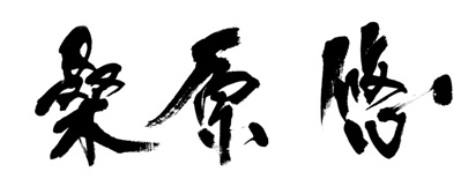 Welcome!
Welcome!
 Welcome!
Welcome!
 Theme
Theme Motive for Research
Motive for Research
When I returned Tokyo from my hometown and turned on the TV, suddenly the news of Gotoda's death caught my eyes.
It was September 21st, 2005.
It was so unbelievable that I switched to other channels many times. A harf-eaten ice cream had melted before I noticed it.
A newscaster finished the sad news with his hand toward the next paper.
It seemed as if "one period" had been
replaced by "the coming period".
It surely attracts me that the late Gotoda and my dearest grandfater can overlap.
Granpa takes after the late statesman.
They are the same generation. Both are intelligent but a bit stubborn.
The two also have a strong attitude toward learning. And they are similar-looking, too.
Above all, however, the most important fact is that both of them had experiences as a soldier in the war
and shouldered them as long as they lived.
In the period of the Pacific War, they've just reached manhood. Gotoda went to Taiwan to serve in the army, while
Granpa worked as an imperial guardman at the Palace.
After the war, they saw terrible sights of Japan. They suffered humiliation from US, the winner.
Therefore Granpa's each word as well as Gotoda's one could carry considerable weight.
They owed such a thoughtful viewpoint to the cruel experiences.
I believe it is worth researching Gotoda's words, his great achivement and influence.
I cannot put up with "one period" coldly replaced.
Most of the people, who used to be soldiers and worked hard to reconstruct their country, are dead.
As of now I feel like traveling in the post-1945 period and asking them.
"What do you hope and pray about future generations?", "Picture what you will see in Japan in the future."
I'm going to think them with my eyes fixed on two countries as my graduation research
―One is the US, which continues to influence Japan politically and economically.
The other is China, which has made a great progress recently.
Lastly, I'd like to show respect for Gotoda.
 Research Plans
Research Plans Gotoda Masaharu (1914-2005)
Gotoda Masaharu (1914-2005)  Research Aids
Research Aids Landscapes of Niigata
Landscapes of Niigata
 Wayama, Akiyamago
Wayama, Akiyamago